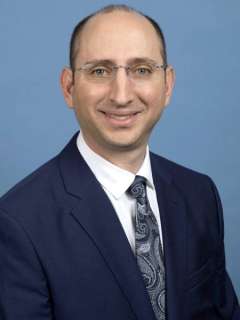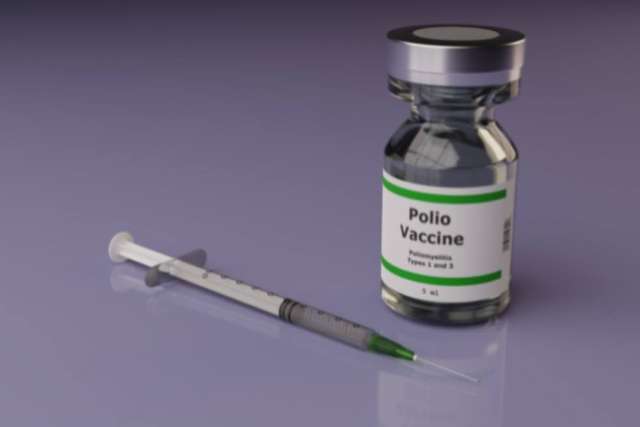Polio has been eradicated in the United States since 1979, but a recent case in New York has Los Angeles County health officials advising local physicians to be on the lookout for the virus and urge unvaccinated patients to get vaccinated.
Most Americans born after 1955 were vaccinated against polio as children, says Dan Uslan, MD, co-chief infection prevention officer for UCLA Health. The vaccines are very effective and their protection lasts for many decades.
“If people have been fully vaccinated as a kid or they grew up in a polio era, there’s really very little cause for concern” about infection, Dr. Uslan says. “But I do think that adults who have not been vaccinated should speak with their primary care doctor about getting vaccinated. And I certainly recommend that all children be fully vaccinated against polio.”
How can new polio cases arise if the virus has been eradicated?
There are two vaccines against polio: the inactivated polio vaccine injection and the oral polio vaccine. The injectable vaccine, which has been the only form offered in the U.S. since 2000, contains inactive virus that stimulates an immune response in the body.
“There’s no possible way it can make you sick,” Dr. Uslan says.
The oral vaccine, on the other hand, contains attenuated virus — a weakened version that prompts the body’s immune response.
“Since the oral polio vaccine is a live virus, there is a very small chance that the virus can spread from person to person,” Dr. Uslan says. “And occasionally it can mutate into a form of polio that can actually cause the dreaded complications, including paralysis.”

The oral vaccine is still in use in many parts of the world because it is much more convenient to use in remote areas, such as Afghanistan and Pakistan, where wild polio virus is still circulating.
Oral polio vaccine has proven highly effective because of its ease of administration and ability to transmit to secondary contacts. Volunteers with the Global Polio Eradication Initiative have spent more than a decade traveling to far-flung regions of the globe to provide oral polio vaccine with the aim of eradicating the virus worldwide.
“If most people are vaccinated, the oral polio vaccine virus can't spread from person to person, which means it can't mutate,” Dr. Uslan says. “And then it can't revert to causing paralytic poliomyelitis.”
Most people infected with poliovirus are asymptomatic, he says. A small percentage of infected individuals will show responses such as flu-like symptoms and mild fever. An even smaller number experience the most severe symptom of polio — paralysis — which can lead to permanent disability and death.
The polio case identified in New York is not wild polio, but the oral vaccine-derived strain. Still, it caused paralysis in the infected individual.
“If there’s one case, that must mean there are lots of others, because most people are asymptomatic,” Dr. Uslan says. “So we know that it is spreading in this area, and this particular county in New York has low vaccination rates.”
Polio risk in Los Angeles
A vast majority of kindergartners in California — more than 96% — have been fully vaccinated against polio, according to state public health statistics. The vaccination rate in Los Angeles County is 97%.
Children in California are required to be vaccinated against polio and eight other diseases to attend public or private school in the state.
Because most people infected with polio are asymptomatic, they can spread the virus without knowing it. However, vaccines protect against such spread, Dr. Uslan says.
“The vaccines work extremely well, and if you were vaccinated as a child, there’s little need to do anything,” he says.
Adults who are traveling to a high-risk area overseas can get a one-time injectable polio vaccine booster dose, he adds.
Meanwhile, vaccination efforts continue in remote parts of the world.
Anyone in the U.S. who isn’t vaccinated against polio should consider getting vaccinated — not just for their own protection, but to help eliminate the virus entirely.
“This is a disease that is actually very conducive to being eradicated,” Dr. Uslan says. “The reason for that is there’s actually no reservoir, there’s no vector other than humans for polio.
“This does not live in wild animals. It’s not found in bats or other mammals,” he says. “And what that means is that if you can get enough humans vaccinated, you could actually eradicate polio once and for all.”
Learn more about UCLA Health’s Infectious Diseases services and research.




